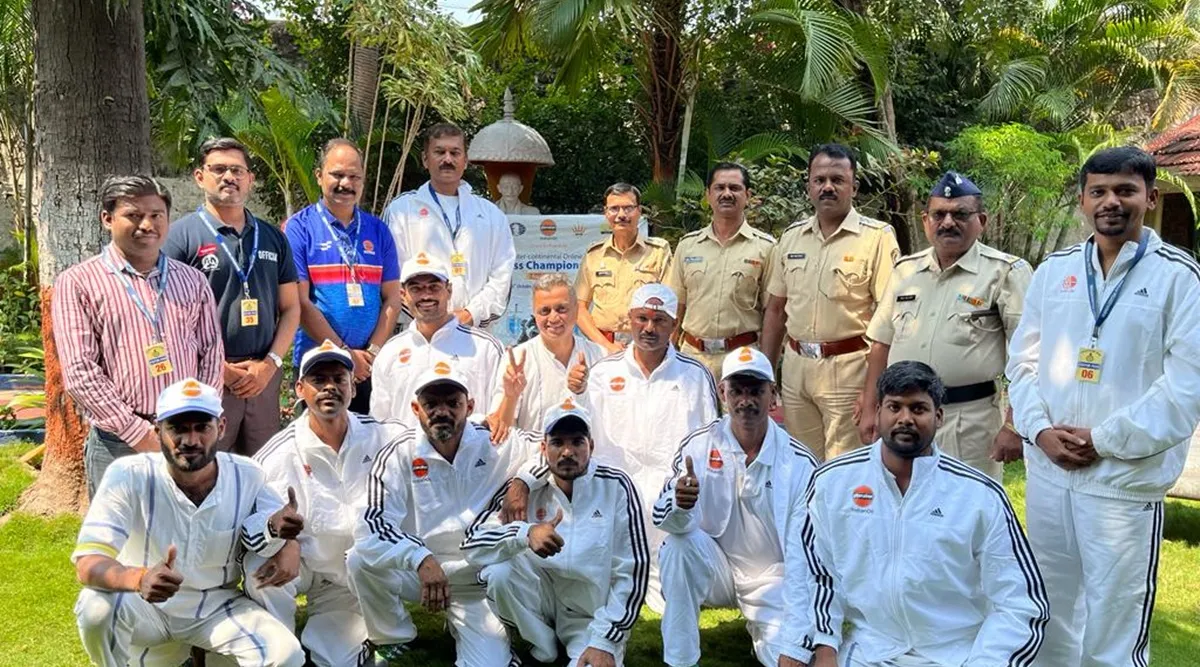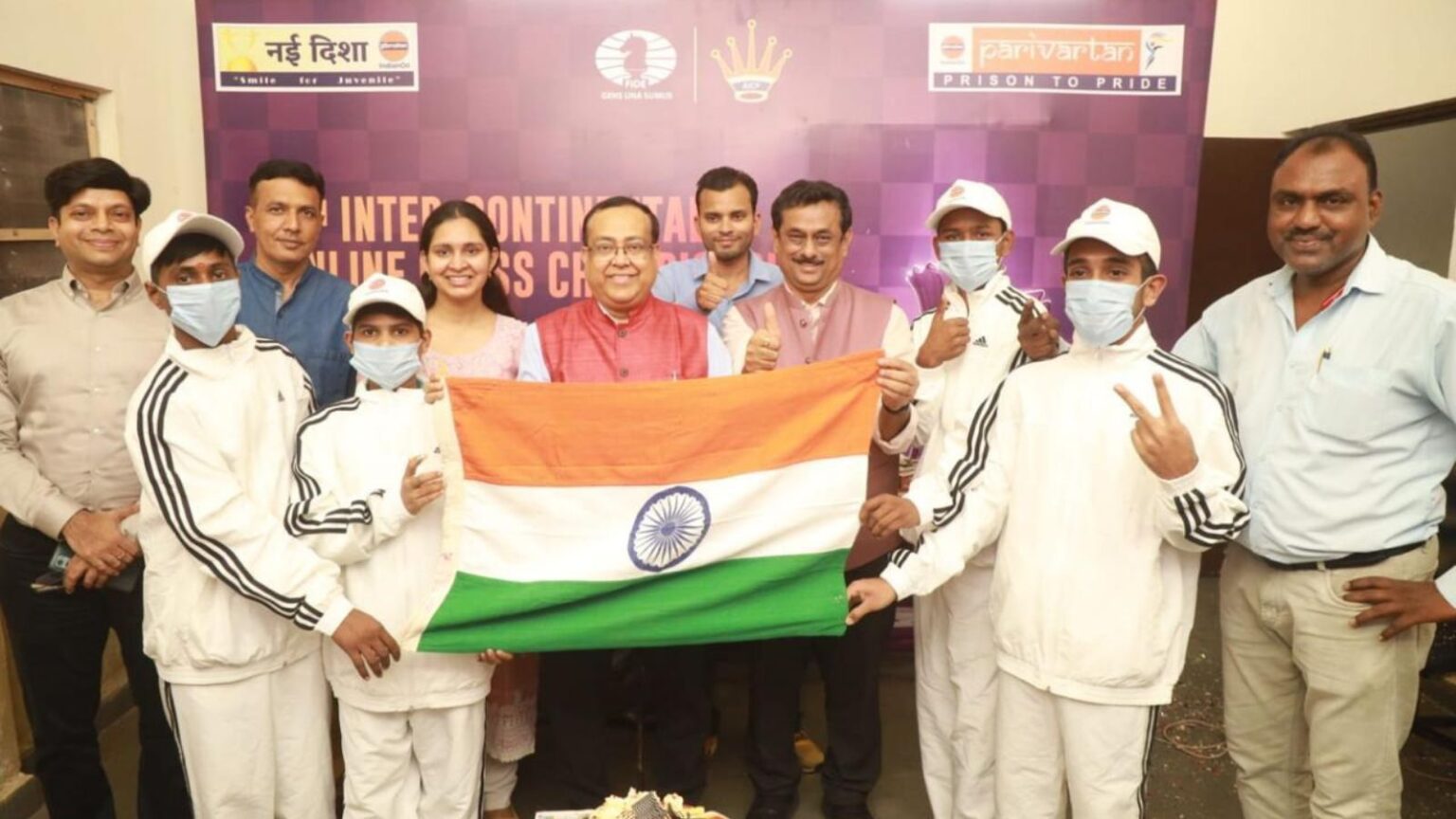Chess has found a unique and transformative role in Indian prisons and juvenile homes, offering inmates a way to channel their energy into positive intellectual pursuits. The game, known for its strategic depth and mental discipline, has become a rehabilitation tool across various correctional facilities in India. Over the past decade, numerous programs have been introduced by non-profits, government initiatives, and even international organizations to bring chess to those behind bars.

Source:- news 18
Inmates, especially juveniles, are taught chess as part of broader efforts to instill focus, critical thinking, and patience—skills that are valuable both on the chessboard and in life. The success of these programs has been evident, with several former inmates participating in local tournaments and sharing stories of how chess helped change their perspectives. The game fosters a sense of accomplishment and self-worth, as inmates often compete against professional players and even other facilities.
Source:- bbc news
The impact of these chess programs extends beyond the prisons. Recently, Indian youth chess teams achieved international recognition by winning gold and bronze medals at a FIDE event. These young players, some of whom come from disadvantaged backgrounds, reflect the country’s growing prowess in the sport. India’s chess culture has blossomed in recent years, driven by grassroots initiatives, schools, and state support.
The victories in FIDE competitions not only highlight India’s emerging talent but also underscore how chess is bridging societal gaps—from juvenile homes to global arenas. By fostering critical life skills, chess is helping Indian youth redefine their future, offering new paths away from the difficulties they may have faced. The success of these initiatives reveals the profound potential of chess as both a sport and a rehabilitative tool.
Share your views in the comments

